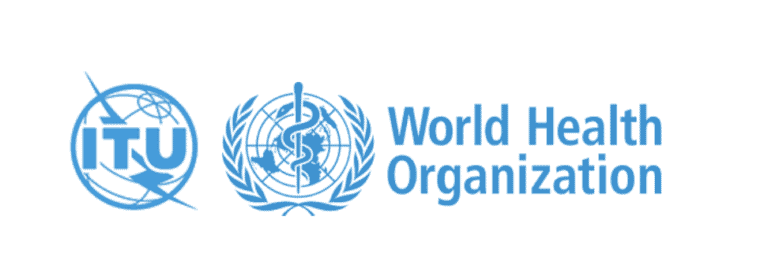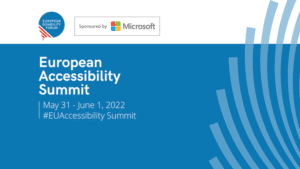The International Telecommunication Union (ITU), in collaboration with the World Health Organisation (WHO), held a workshop entitled ‘The role of industry in making telehealth accessible for persons with disabilities’ on the 23rd of June 2021. The workshop aimed to inform the health industry and organisations of persons with disabilities about the ITU-WHO global standard on accessibility of telehealth services.
The workshop opened with a brief introduction on the increased use of telehealth, i.e. online access to healthcare, in light of the global pandemic. For many people, telehealth has become essential for seeking advice from their healthcare providers. However, the recent WHO report showed that the lack of standards and guidelines for the accessibility of telehealth services made the experience difficult for many persons with disabilities.
Explanations of common barriers were provided by Alarcos Cieza, head of WHO’s Sensory Functions, Disability and Rehabilitation Unit, and Masahito Kawamori, rapporteur for the ITU’s study group on a ‘Multimedia Framework for e-Health Applications’. Mr Kawamori outlined that those who are deaf or hard of hearing face a lack of captioning, sign language interpretation or text messaging in the telehealth platform. He presented the global standards for ‘Accessibility of telehealth services’ which included standards for remote sign language interpretation to be provided at doctor appointments and consultations.
Mr Kawamori’s statement on making telehealth more accessible for the deaf community by providing remote interpretation or captioning is welcomed by EUD. These practices should be made available and accessible for deaf persons in their right to access information and communication in all areas of life and especially in health sector.












